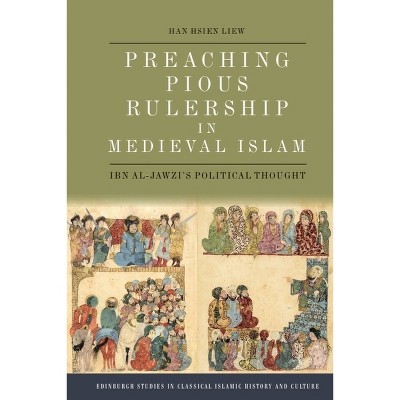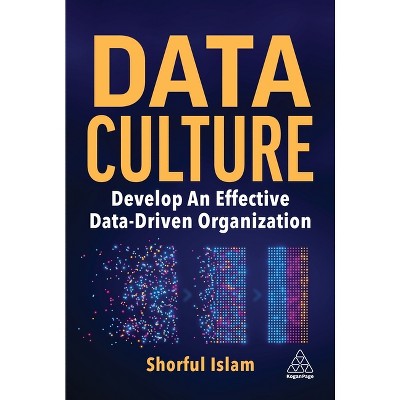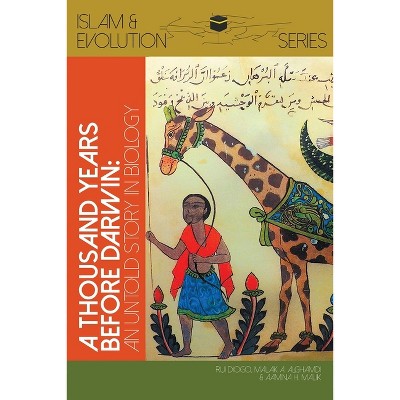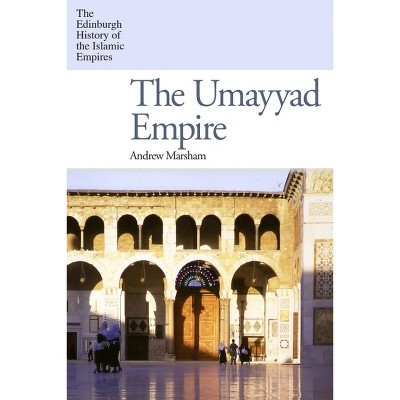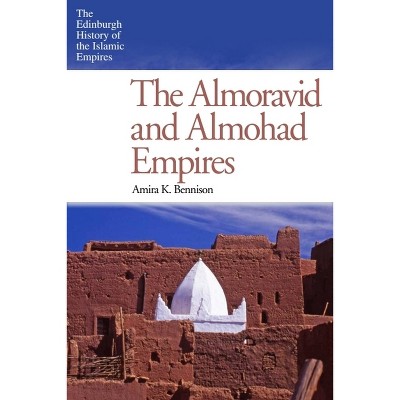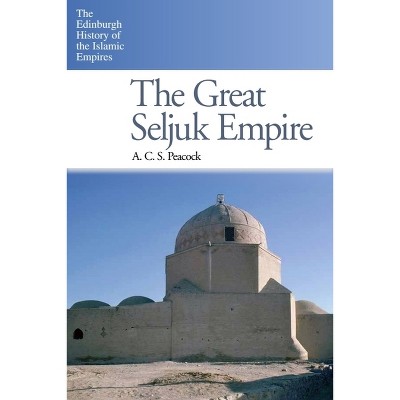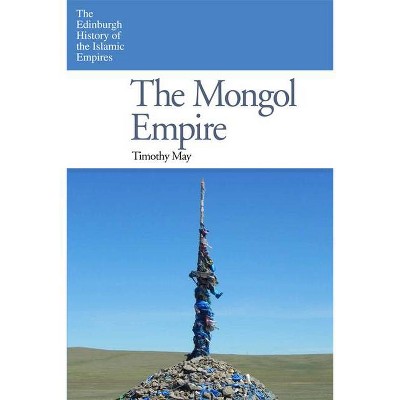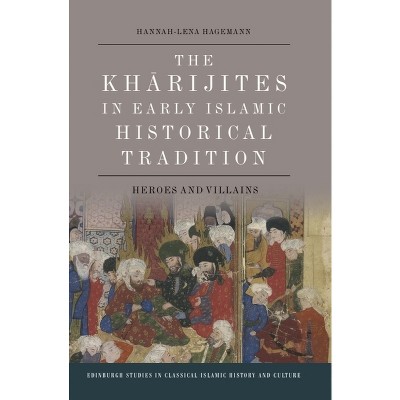Sponsored

The Fatimid Empire - (Edinburgh History of the Islamic Empires) by Michael Brett (Paperback)
In Stock
Sponsored
About this item
Highlights
- From the 10th century to the end of the 12th century, the Fatimid Empire played a central, yet controversial, role in the history of Islam.
- About the Author: Michael Brett is Emeritus Reader in the History of North Africa at SOAS.
- 352 Pages
- History, Africa
- Series Name: Edinburgh History of the Islamic Empires
Description
About the Book
From its foundation at the beginning of the tenth to its final disappearance towards the end of the twelfth century, the Fatimid Empire played a central but controversial role in the history of Islam. This book combines the separate histories of Isma'ilism, North Africa and Egypt with that of the dynasty into a coherent account.Book Synopsis
From the 10th century to the end of the 12th century, the Fatimid Empire played a central, yet controversial, role in the history of Islam. This definitive account combines the histories of Isma'ilism, North Africa and Egypt with that of the dynasty. By relating it to the wider history of Islam, the Crusades and its theocratic counterparts in Byzantium and Western Europe, Brett shows the full historical significance of the empire. Topics covered include: the work of Ibn Khaldūn; the relationship of tribal to civilian economy and society; the formation and evolution of the dynastic state; the relationship of the dynastic state to economy and society and questions of cultural change, specifically in relation to Arabisation and Islamisatio.
From the Back Cover
The Fatimid empire in North Africa, Egypt and Syria was at the centre of the political and religious history of the Islamic world in the Middle Ages, from the breakdown of the ʿAbbasid empire in the tenth century, to the invasions of the Seljuqs in the eleventh and the Crusaders in the twelfth, leading up to its extinction by Saladin. As Imam and Caliph, the Fatimid sovereign claimed to inherit the religious and political authority of the Prophet, a claim which inspired the conquest of North Africa and Egypt and a following of believers as far away as India. The reaction this provoked was crucial to the political and religious evolution of mediaeval Islam. This book combines the separate histories of Ismaʿilism, North Africa and Egypt with that of the dynasty into a coherent account. It then relates this account to the wider history of Islam to provide a narrative that establishes the historical significance of the empire. Key Features - The first complete history of the Fatimid empire in English, establishing its central contribution to medieval Islamic history - Covers the relationship of tribal to civilian economy and society, the formation and evolution of the dynastic state, and the relationship of that state to economy and society - Explores the question of cultural change, specifically Arabisation and Islamisation - Goes beyond the history of Islam, not only to introduce the Crusades, but also to compare and contrast the dynasty with the counterparts of its theocracy in Byzantium and Western Europe Michael Brett is Emeritus Reader in the History of North Africa at SOAS, University of London. His publications include The Moors: Islam in the West (1980, with L. Fentress), The Berbers (1996), Ibn Khaldun and the Medieval Maghrib (1999), The Rise of the Fatimids (2001) and Approaching African History (2013). Cover image: gate of the Great Mosque El-Mahdi in Mahdia (c) Fehmi bouguezzi / Wikimedia Commons Cover design: edinburghuniversitypress.com ISBN [PPC] 978-0-7486-4077-5 ISBN [cover] 978-0-7486-4076-8About the Author
Michael Brett is Emeritus Reader in the History of North Africa at SOAS. His publications include The Moors: Islam in the West, 1980; (with L. Fentress) The Berbers (1996, with E. Fentress); Ibn Khaldun and the Medieval Maghrib, 1999; The Rise of the Fatimids, 2001; and Approaching African History, 2013, with contributions to the Cambridge History of Africa, the New Cambridge Medieval History, and The New Cambridge History of Islam.
Shipping details
Return details
Trending Non-Fiction




